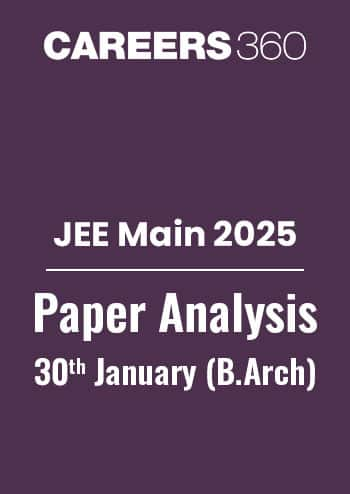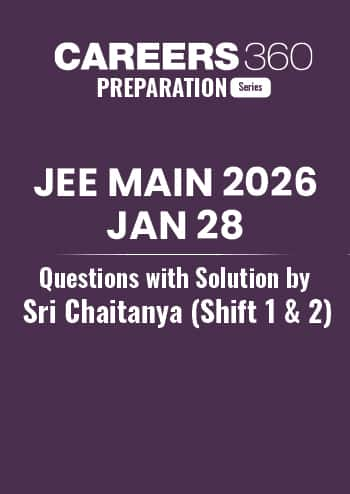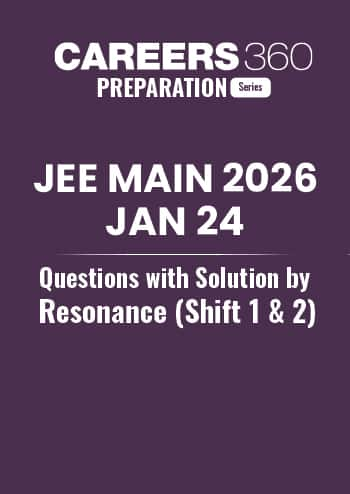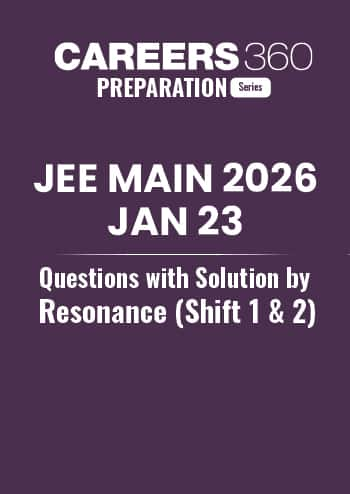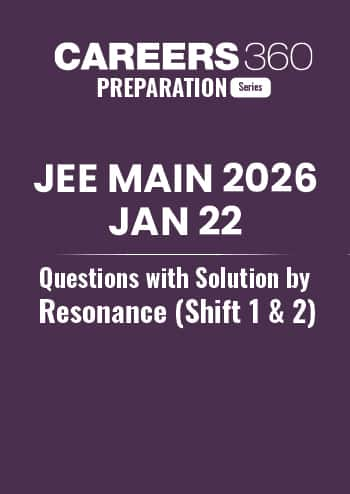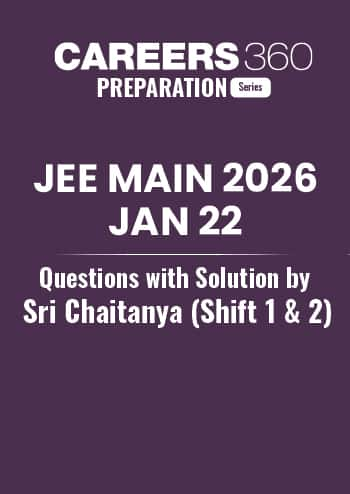Exponential and Logarithmic Limits - Practice Questions & MCQ
Quick Facts
-
Exponential Limits is considered one the most difficult concept.
-
Logarithmic Limits is considered one of the most asked concept.
-
278 Questions around this concept.
Solve by difficulty
$\begin{matrix} lim\\h \to 0\end{matrix}\frac{loge(1+2h)-2loge(1+h)}{h^{2}}$
$\lim _{x \rightarrow 3} \frac{\log (13-4 x)}{3-x}=$
Concepts Covered - 2
Exponential Limits
To solve the limit of the function involving the exponential function, we use the following standard results.
(i) $\lim _{\mathbf{x} \rightarrow \mathbf{0}} \frac{\mathbf{a}^{\mathbf{x}}-\mathbf{1}}{\mathbf{x}}=\log _{\mathrm{e}} \mathrm{a}$
Proof:
$
\lim _{x \rightarrow 0} \frac{a^x-1}{x}=\lim _{x \rightarrow 0} \frac{\left(1+\frac{x(\log a)}{1!}+\frac{x^2(\log a)^2}{2!}+\cdots\right)-1}{x}
$
[using Taylor series expansion of $a^x$ ]
$
\begin{aligned}
& =\lim _{x \rightarrow 0}\left(\frac{\log a}{1!}+\frac{x(\log a)^2}{2!}+\cdots\right) \\
& =\log _e a
\end{aligned}
$
(ii) $\lim _{\mathrm{x} \rightarrow 0} \frac{\mathrm{e}^{\mathrm{x}}-1}{\mathrm{x}}=1$
In General, if $\lim _{x \rightarrow a} f(x)=0$, then we have
(a) $\lim _{x \rightarrow a} \frac{a^{f(x)}-1}{f(x)}=\log _e a$
(b) $\lim _{x \rightarrow a} \frac{e^{f(x)}-1}{f(x)}=\log _e e=1$
Logarithmic Limits
To evaluate the Logarithmic limit we use the following results:
$
\lim _{\mathbf{x} \rightarrow \mathbf{0}} \frac{\log _e(\mathbf{1 + x})}{\mathbf{x}}=\mathbf{1}
$
Proof:
$
\lim _{x \rightarrow 0} \frac{\log _e(1+x)}{x}=\lim _{x \rightarrow 0} \frac{x-\frac{x^2}{2}+\frac{x^3}{3}-\cdots}{x}
$
[using Taylor series expansion of $\log _e(1+x)$ ]
$
\begin{aligned}
& =\lim _{x \rightarrow 0}\left(1-\frac{x}{2}+\frac{x^2}{3}-\cdots\right) \\
& =1
\end{aligned}
$
In General, if $\lim _{x \rightarrow a} f(x)=0$, then we have $\lim _{x \rightarrow a} \frac{\log _e(1+f(x))}{f(x)}=1$
Study it with Videos
"Stay in the loop. Receive exam news, study resources, and expert advice!"




